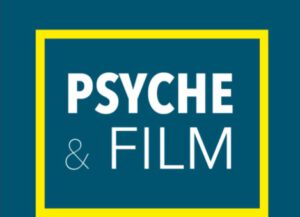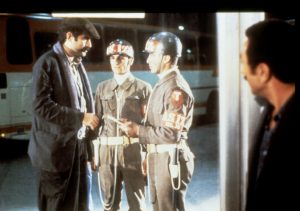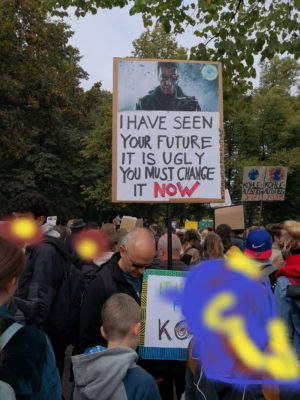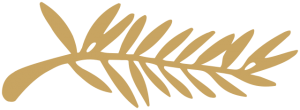12. September 2020 | 19.00 | Rosa Luxemburg Stiftung
hofkino.berlin – open air cinema at FMP1 | Franz-Mehring-Platz 1 | 10243 Berlin
At the occasion of the military coup on September 12, 1980 in Turkey, the Rosa Luxemburg Foundation shows “YOL – The Full Version” and organizes a discussion with the producer Donat Keusch.
38 years ago, the Turkish military junta brutally attacked the opposition. This is closely intertwined with the history of the most famous Turkish film. For decades YOL has moved audiences all over the world. The unfinished version won the most coveted award, the Golden Palm at the 1982 Cannes film festival. One can watch the masterpiece of Turkish-Kurdish film history, complete and restored as “YOL – The Full Version”. This is a must-see for anyone who wants to understand Turks and Kurds – and you will learn a lot about yourself.
The people portrayed in the film are Turkish and Kurdish, but such people are to be found wherever there is a struggle against oppression. They are all prisoners, some behind bars, many are prisoners of their own minds, but all are prisoners of the state.
In its depiction of the living conditions of six prisoners on home leave, YOL portrays an outline of the human landscape of Turkey. We experience how the people are oppressed, in particular, the Kurds and women. The patriarchal structure and its attitude to morality make up part of the repression.
The story is predominantly told through the fate of three prisoners, Seyit Ali, Mehmet Salih and Ömer. Three men who are torn from their daily lives. They had hoped that three days would suffice to forget the humiliation of everyday prison life and solve their most pressing issues at home. These shattered dreams make their crippling circumstances seem all the worse. So much for a glorious life of freedom! Ömer breaks out, Mehmet is shot and Seyit Ali remains a prisoner of his indecision. The struggle for a better life must continue and will last a long time…
Yılmaz Güney, Paris 1982
YOL – Tam Versiyon (2017, Altyazılı)
12 Eylül
Kapı Açılışı: 19:00, Program Başlangıcı: 20:00
Filmin yapımcısı Donat Keusch ile söyleşi
12 Eylül 1980’de Türkiye’de gerçekleşen ve toplumsal muhalefete vahşice saldıran askeri darbe, Türkiye sinemasının yüz akı olan YOL’un hikayesiyle iç içe geçmiştir. Yıllardır dünyanın pek çok yerinde karşılaştığı sayısız seyircide her zaman bir iz bırakan YOL’un tamamlanmamış versiyonu, 1982 yılında Cannes Film Festivali’nde en büyük ödül olan Altın Palmiye Ödülü’nü kazandı. Türk-Kürt sinema tarihinin bu başyapıtı eksiksiz biçimde restore edildi ve “YOL – Tam Versiyon“ adıyla yeniden seyircinin karşısına çıktı. Yılmaz Güney’in onur ve tutku, cesaret ve acı, merhamet ve zulüm, dehşet, öfke, aşk ve hayat hakkındaki bu baş döndürücü filmi, 1980’lerden beri güncelliğinden hiçbir şey yitirmedi. Film, Yılmaz Güney’in orijinal kurgu planına göre titiz biçimde yeniden kurgulandı ve Cannes’daki süre kısıtlaması nedeniyle ilk versiyondan çıkarılan bir ana karakter filme yeniden dahil edildi.
Bu filmdeki insanlar Türkler ve Kürtlerdir, ancak bu hikayelerde anlatılan insanları, baskıya karşı mücadele verilen her yerde bulabilirsiniz. Kahramanların hepsi mahpuslardır, bir kısmı demir parmaklıkların, çoğu da kendi ahlak anlayışlarının mahpusudurlar, ancak hepsi devletin hapishanesinde tutulmaktadırlar. YOL, altı mahkumun ev izni için çıktıkları seyahati anlatırken, Türkiye’nin beşeri bir haritasını çiziyor. Bu filmle, insanların, özellikle de Kürtlerin ve kadınların nasıl baskıya uğradığını seyrediyoruz. Ataerkil yapıların ve ahlakın nasıl baskının parçası olduğunu izliyoruz. Hikaye, koşulların onları sürüklediği güzergahlara ilerleyen üç mahkumun, yani Seyit Ali, Mehmet Salih ve Ömer’in yazgıları üzerinden anlatılmıştır. Bu mahkumların umudu, hapishanenin aşağılayıcı koşullarını unutmak ve hanelerindeki en acil meseleleri çözmek için bir haftalık izin süresinin yeterli olmasıdır. Yıkılan hayalleri ise yenilgilerini daha çarpıcı hale getirmektedir. Özgürlük günlerinde takdir görecek bir hayat için çıkarlar bu yola! Ömer devletten kaçar, Mehmet vurulur ve Seyit Ali de kendi tereddüdünün esiri olmaya devam eder. Daha iyi bir hayat için verilen kavga devam etmelidir ve uzun sürecektir…
Yılmaz Güney, Paris 1982
Biletler: www.hofkino.berlin
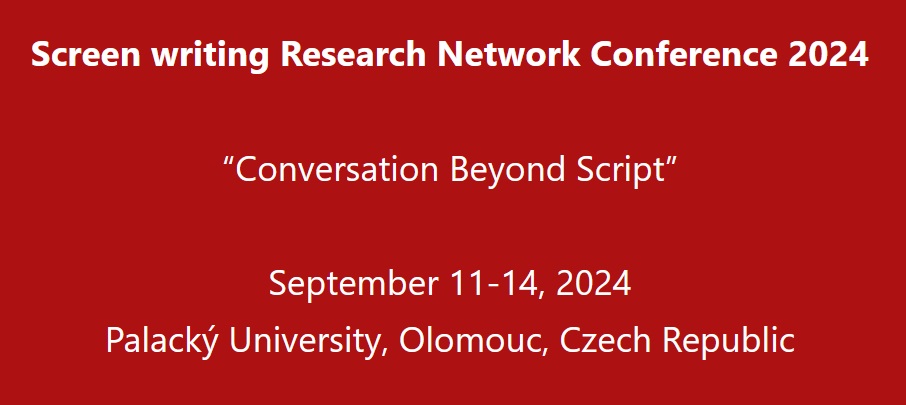
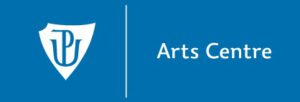
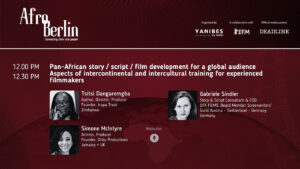
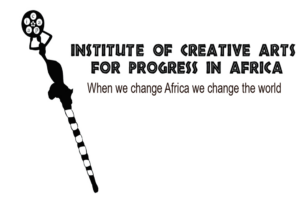
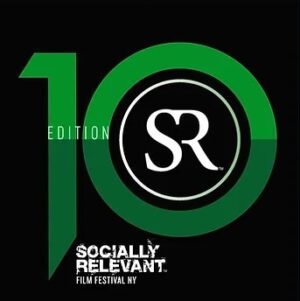

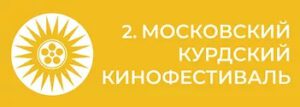
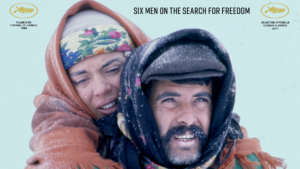 YOL – Tam Versiyon (2017, Altyazılı)
YOL – Tam Versiyon (2017, Altyazılı)